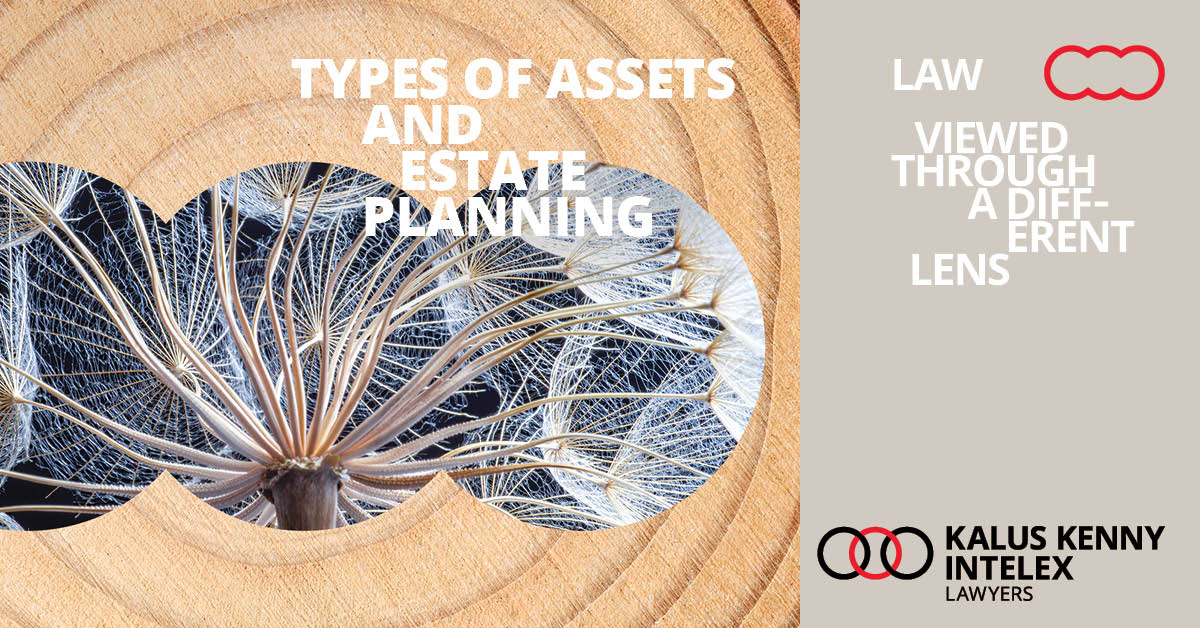A common misconception in estate planning is that all of your assets (no matter the capacity in which they are held) are ‘estate assets’ and governed by your Will.
The distribution of an asset will depend on the type of asset and more specifically, how that asset is owned. We outline the general types of assets below.
Personal assets
These are assets held in your personal name. For example:
- a bank account held in the name of John Smith; or
- John Smith listed as the sole registered proprietor on a certificate of title.
On the death of an owner of personal assets, the ownership of such assets falls into the estate and will be distributed in accordance with the terms of the Will (if any) or where there is no valid Will, in accordance with intestacy rules.
Joint assets
These are assets held in your name jointly with another person(s). For example:
- a bank account held in the name of John Smith and Mary Smith; or
- John Smith and Mary Smith listed a joint registered proprietors of real estate on a certificate of title.
On the death of one of the joint account holders or proprietors, the rule of ‘survivorship’ applies. That is, the survivor will assume the full interest of the asset. In keeping with the example above, if John Smith dies then:
- Mary Smith will become the sole account holder of the funds previously owned jointly with John Smith; and
- Mary Smith will become the sole registered proprietor of the real estate.
Trust assets
These are assets legally held and controlled by a trustee for the benefit of a beneficiary or beneficiaries. There are various forms of trusts and the legal or beneficial owner depends on whether the trust was fixed or discretionary and whether the deceased was the trustee, appointor or beneficiary.
The distribution of trust assets is directed by the trust deed of a trust, or any document supplementary to the trust deed. However, a will cannot definitively deal with trust assets.
Superannuation
Superannuation is a type of trust asset. Superannuation is not automatically an asset that will form part of your personal estate. Generally, superannuation is handled separately and is paid pursuant to a binding or non-binding death benefit nomination, at the direction of the superfund trustee or if there is no binding nomination, in accordance with the particular deed. This can be paid directly to dependants or to your estate.
If you need assistance with understanding the ownership of your assets and your estate planning, please contact Kimi Shah.



